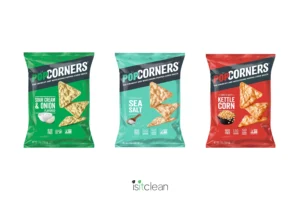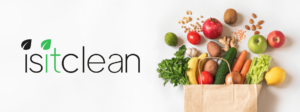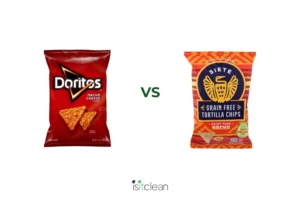
Acesulfame potassium is a zero-calorie sweetener that is added to many sugar-free…



Onions come from the allium genus, a group of vegetables that are rich in sulfur compounds. Onions are typically used as a part of a larger meal, such as a burger or pizza topping or in soup. They are also found dehydrated in many processed goods for additional flavor.

A 2016 study showed that consuming anthocyanins (which onions have) correlates with a lower risk of non-fatal heart attacks. Consumption of the allium vegetable family (onions, garlic, chives) was shown to lower the chances of a colorectal cancer diagnosis by 15%. Onions are also a great source of prebiotics, which help feed the healthy bacteria in the gut and increase the production of short-chain fatty acids, which play an important role in reducing inflammation and regulating the immune system. Onions are rich in many nutrients, including vitamin C, and may also help increase bone density. Choosing organic onions can help reduce pesticide exposure.
Health is like a bank account, certain ingredients make a deposit into your health bank, meaning they add to
your health. Certain ingredients withdraw from your health bank. We want health promoting ingredients in our diet. To keep things simple, we rate ingredients on a green, yellow, red scale:

It is naturally occurring in food and has no harmful effects on the body. It is real food. It is health promoting.

It goes into one or more of the below categories

It is known to have a harmful effect on the body (ex. All food colorings, Natural Flavors, MSG, Potassium bromate, aspartame, artificial flavors)



The Food Showdown: Popcorners flavors
Ingredient Rating: Canola oil – is it bad for you?
Clean Consuming: Nourishment for your

We have accomplished so much in just 1 year since our launch in March of 2023! We now have 10,000

The Nacho Chip Food Showdown, is Tapioca Starch safe in food? and a must-see documentary on America’s food system.
Stay in the know with the latest ratings, articles, and our newsletter, The Dirt.